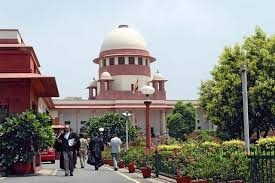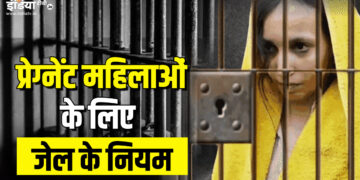Supreme Court Judge Justice BR Gawai said on Saturday that justice cannot be done until people are aware of their rights and rights inherent in various laws.
Justice Gawai, who is also the Executive Chairman of the National Legal Services Authority (NALSA), was addressing the closing ceremony of the Legal Services Camp organized by the Nagaland State Legal Services Authority (NSLSA) in collaboration with the state government. Justice Gawai highlighted the role of NALSA, which tries to reach the remote parts of the country to ensure ‘access to justice for all’.
He also highlighted the unique feature of Article 371 (A), according to which any Act of Parliament, the religious or social practices of the Nagas in Nagaland, according to the Naga customary law according to the decisions, cannot be implemented in relation to the administration of civil and criminal justice and the ownership and transfer of land and its resources, unless the state assembly proposal takes another decision.
Union Minister of State for Law and Justice and Parliamentary Affairs, Arjun Ram Meghwal assured the people to prioritize the construction of the new High Court complex of Nagaland located in Merima in Kohima district. He said that legal camps help citizens to understand their rights and reach them.
Chief Minister Nephew Rio said that under the leadership of the Supreme Court and all the subordinate courts, the legal fraternity of the country has played an important role in shaping India’s fate not only in the legal sector but also in the formation of peaceful social fabric and an ecosystem for the development of the economy.
He said that the judiciary has been one of the strongest pillars of nation building since the independence of India. He said that arbitration for resolving disputes is needed today, whereas in Naga Conditional Law it is a centuries -old concept. Rio said that the death penalty has never existed among the Naga people and it has been an unknown concept in customary practices. He said that forgiveness has been identified with the customary law and even in modern law, efforts are being made to improve people who violate the law. More than 3,500 beneficiaries took advantage of services in the camp.






